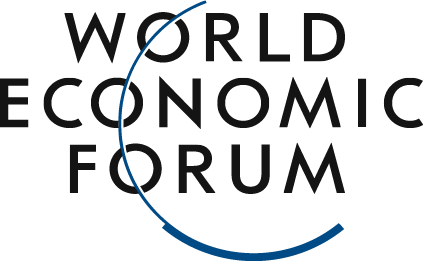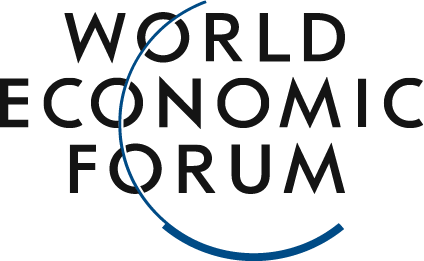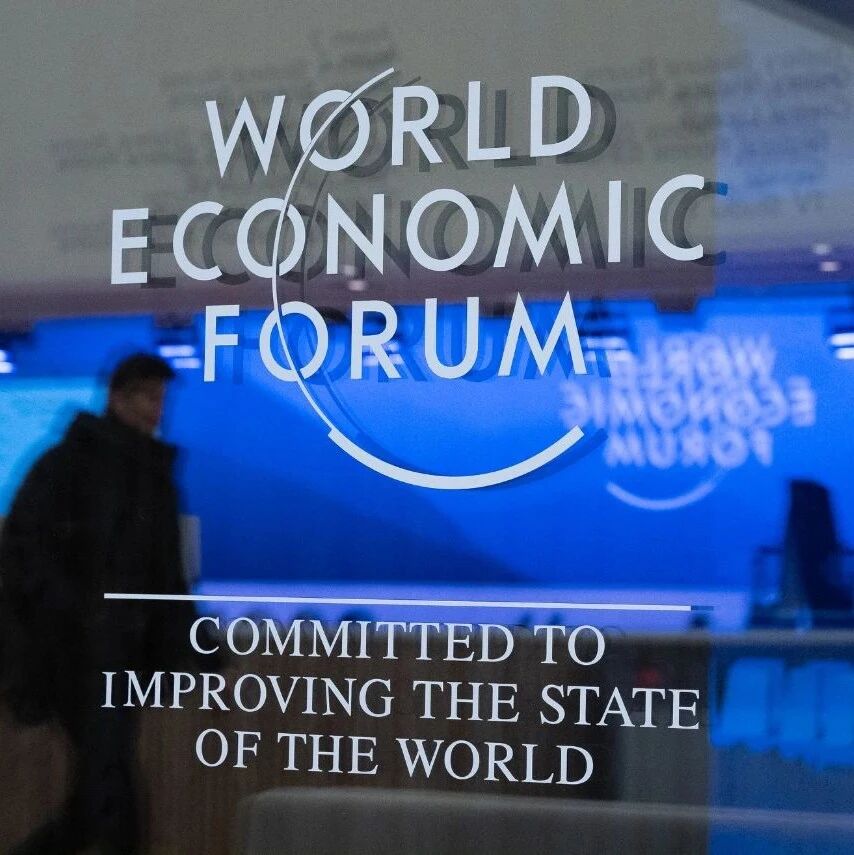"The 'pig butchering' scam is widespread across the globe, with this criminal activity being most rampant in Asia."
Image source:International Criminal Police Organization
Spencer Feingold
Digital Editor, Public Engagement Division, World Economic Forum
Johnny Wood
Forum Agenda Writer
Interpol says that digital scams, including investment fraud and human trafficking, are on the rise.
The widespread global adoption of new technologies is one of the reasons behind the rise in fraud.
In 2023, the global amount involved in fraud cases exceeded 1 trillion U.S. dollars.
According to a new report by INTERPOL, the public’s growing acceptance of cutting-edge technologies has created opportunities for cybercriminals, leading to a surge in financial fraud cases worldwide.Last month, INTERPOL released its Global Financial Fraud Assessment Report, revealing that technology is "making it easier for organized crime groups to target victims on a global scale." The report noted that criminals are increasingly employing so-called "pig butchering" scam tactics—strategies where they first win victims' trust before ultimately swindling them out of their assets. The term itself derives from the concept of fattening up a pig before slaughtering it."Love scam" schemes typically exploit vulnerabilities in personal relationships and lure victims by crafting elaborate investment plans (the scam itself). These scams often involve cryptocurrencies, as not all law enforcement agencies have the resources to track digital currencies effectively.The report states: "The rise of artificial intelligence (AI), large language models, and cryptocurrency—combined with the business model of phishing and ransomware-as-a-service—has made fraudulent activities more sophisticated and professional. These schemes no longer rely on advanced technical expertise and can be executed at a relatively low cost."This report from INTERPOL, prepared specifically for law enforcement agencies, highlights that "pig butchering" scams have, to some extent, fueled human trafficking, with victims being coerced into engaging in criminal activities.This type of human trafficking scam is increasingly raising concerns, particularly in the Americas. For instance, in December 2023, hundreds of victims across South and Central America were lured through messaging apps and social media platforms, believing they would land high-paying jobs as promised—but instead ended up being coerced into engaging in fraudulent financial criminal activities.In a statement, INTERPOL Secretary General Jürgen Stock said: "Financial fraud is spreading like an epidemic, leaving countless people—often from vulnerable groups—and numerous companies worldwide falling victim to these scams."He added, "The rapid evolution of technology, coupled with the swift rise in both the scale and frequency of organized crime, has given rise to a growing array of new fraud schemes—tricking innocent individuals, businesses, and even governments into falling victim."Trends in Online Financial FraudThe main global trends in financial fraud include investment scams, advance-fee fraud, romance scams, and business email scams. According to an Interpol report, these crimes are often carried out by organized groups—either highly coordinated or loosely connected. Meanwhile, statistics from the Global Anti-Scam Alliance reveal that in 2023, victims of fraud lost more than $1 trillion to criminal activity.The "pig butchering" scam is widespread across most regions globally, but Asia remains the hotspot for this type of criminal activity. Criminal groups, primarily involved in telecom frauds in Southeast Asia, frequently target victims in Europe, carrying out various forms of financial scams.Interpol also noted that criminal groups in the Americas typically specialize in crimes such as identity theft, romance scams, tech-support fraud, advance-fee scams, and telecom fraud. Meanwhile, in Africa, business email compromise (BEC) fraud remains one of the most prevalent financial crime trends.Curtailing fraud criminalsThe World Economic Forum's "2024 Global Risks Report" identifies the negative impacts of cutting-edge technologies, cybersecurity risks, and illicit economic activities as both short-term and long-term threats to the global economy. However, several existing mechanisms can help us curb cyber financial fraud.Experts emphasize that strengthening cross-departmental and cross-border information sharing is a critical tool in combating cyber financial crime. In other words, it’s about eliminating safe havens for criminals while enhancing data collection and analysis to better detect and prevent cross-sectoral and transnational financial crimes.Stoke continued, "We should also encourage the reporting of financial crimes, invest in building enforcement capabilities, and provide training—only then can we develop more effective, truly global responses."In January 2023, to gain a deeper understanding of the cybercrime ecosystem, members of the World Economic Forum’s Partnership Against Cybercrime launched the "Cybercrime Atlas" initiative. This initiative aims to shrink the operational space for cybercriminals by creating a comprehensive map that highlights criminal activities, structures, and networks involved in cybercrime.Jeremy Jurgens, Executive Director of the World Economic Forum, said in a statement: "The Cybercrime Atlas is a collaborative research initiative aimed at gathering, organizing, and comparing insights into the cybercrime ecosystem and today’s primary threat sources. The profound findings it uncovers will help strengthen cooperation between the private sector and law enforcement agencies in tackling cybercrime."
The above content represents the author's personal views only.This article is translated from the World Economic Forum's Agenda blog; the Chinese version is for reference purposes only.Feel free to share this on WeChat Moments; please leave a comment below the post if you’d like to republish.
Translated by: Sun Qian | Edited by: Wang Can
The World Economic Forum is an independent and neutral platform dedicated to bringing together diverse perspectives to discuss critical global, regional, and industry-specific issues.
Follow us on Weibo, WeChat Video Accounts, Douyin, and Xiaohongshu!
"World Economic Forum"





